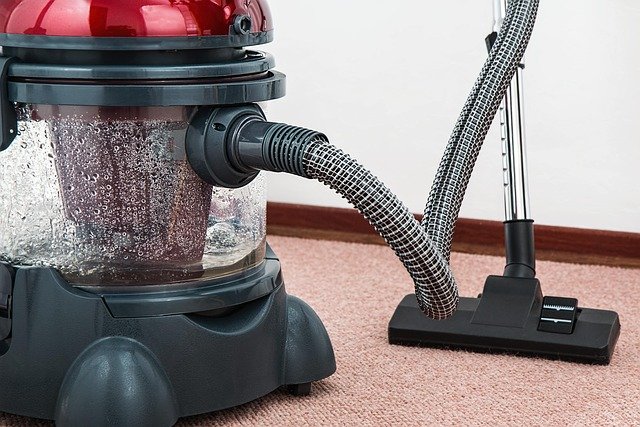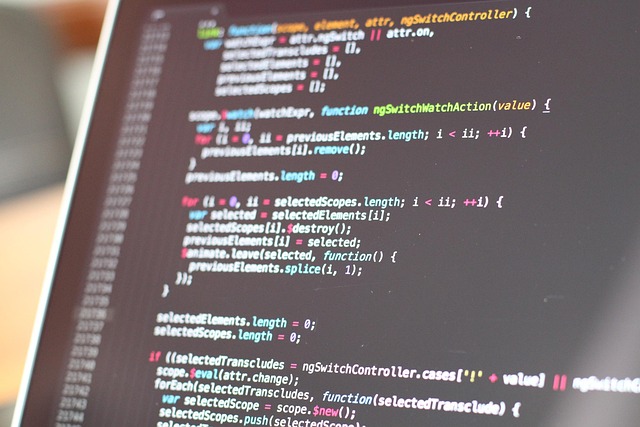Practical Lifehacks for a Simpler Home Routine
Everyday lifehacks are small, repeatable actions that reduce friction, save time, and improve comfort in the places where you spend most of your time. This article collects practical, evidence-informed techniques you can apply around the home to streamline cleaning, strengthen organization habits, reduce energy use, and support sustainability goals. The suggestions focus on low-cost adjustments and routines you can test quickly, and they emphasize approaches that scale across different home sizes and family structures.

Home: quick routines to simplify daily life
Create predictable micro-routines that remove decision fatigue. For example, a 5-minute evening reset—clearing countertops, stacking dishes, and placing shoes in a basket—keeps communal spaces usable the next morning. Use visual cues like a designated catch-all tray for keys and mail to prevent clutter drift. For shared homes, assign small recurring tasks to specific people or days (e.g., vacuum on Wednesdays). Consistency matters more than perfection: brief, daily actions accumulate into a cleaner, calmer environment without major time investments.
Cleaning: low-effort methods that work
Adopt techniques that reduce deep-cleaning frequency. Wiping down high-touch surfaces after use prevents grime buildup and shortens future cleaning sessions. Use multi-purpose cleaners where appropriate to limit product switching, and choose microfiber cloths that trap dust without chemicals. Tackle small tasks immediately—squeegeeing the shower after each use reduces limescale; wiping the stove after cooking prevents crusted spills. Rotating chores in 10–20 minute blocks can make cleaning feel manageable while maintaining steady cleanliness over time.
Organization: habits for lasting order
Design systems that make the organized choice the easy choice. Implement “one in, one out” for clothing or tools to avoid accumulation. Use clear containers or labeled baskets so items are visible and returnable; transparency reduces search time and decision paralysis. Zone frequently used items near their point of use (e.g., charging station near the door for phones and keys). Regularly schedule brief decluttering sessions—15 minutes weekly—to reassess what you actually use. Habit stacking (pairing a new habit with an existing one) helps cement organizational routines into daily life.
Energy: cut usage without sacrifice
Reducing energy use need not be disruptive. Simple switches—LED bulbs, efficient power strips that cut phantom loads, and programmable thermostats—deliver measurable savings without changing lifestyle patterns. Lowering thermostat settings by one or two degrees in winter or raising them slightly in summer often reduces consumption while maintaining comfort when paired with layered clothing or ceiling fans. Encourage energy-friendly behaviors like drying clothes partially on a rack before finishing in the dryer, or running full loads in dishwashers and washing machines to maximize efficiency.
Sustainability: eco-friendly lifehacks at home
Small sustainable choices can be integrated into daily habits. Composting food scraps reduces landfill waste and produces a valuable soil amendment for gardens or planters. Replace single-use items with durable alternatives—reusable shopping bags, washable microfiber cloths, and refillable cleaning bottles—to reduce waste and long-term purchase frequency. Choose concentrated cleaners and refill options to lower packaging. When buying replacement items, prioritize durability and repairability; longer-lived products typically have lower lifecycle impacts than cheaper, disposable ones.
Conclusion
Lifehacks are most effective when they are simple, repeatable, and tailored to your household’s rhythms. Focus on micro-routines for the home, small cleaning habits that prevent major work, organization systems that reduce decision-making, energy tweaks that save resources without discomfort, and sustainable swaps that reduce waste over time. By testing a few changes and keeping what fits, you can build a more orderly, efficient, and environmentally mindful household.






